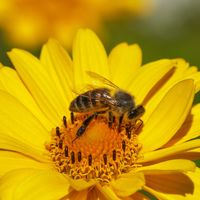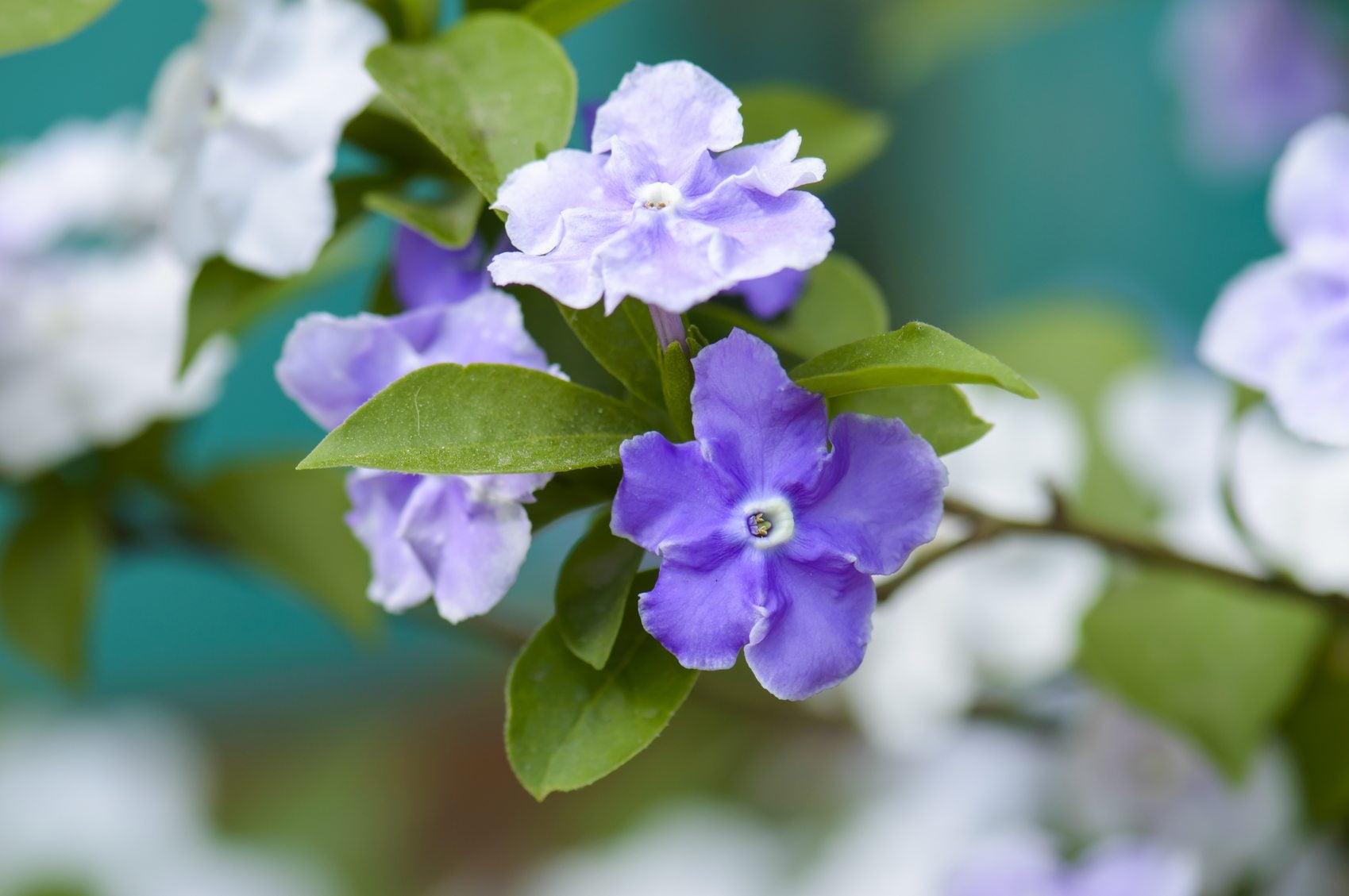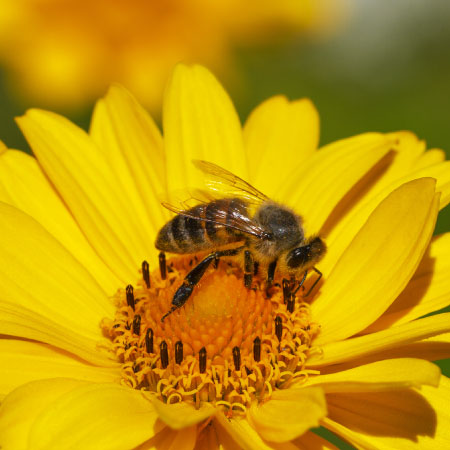Yesterday, Today, Tomorrow Plant Not Flowering – Getting Brunfelsia To Bloom


Yesterday, today, and tomorrow plants have flowers that change color day by day. They begin as purple, fading to pale lavender, and then to white over the next couple of days. Find out what to do when this enchanting tropical shrub fails to bloom in this article.
No Blooms on Yesterday, Today, and Tomorrow
Yesterday, today, and tomorrow plant is often called by its proper botanical name, Brunfelsia. Getting Brunfelsia to bloom isn’t usually a problem, but if it doesn’t have what it needs to thrive, it may not come to flower. Let’s take a look at the plant’s requirements. Brunfelsia grows only in the southernmost parts of the U.S., where it is rated for Department of Agriculture plant hardiness zones 10 and 11. You might also be able to grow it in zone 9 if you plant it in a container that you can bring indoors when frost threatens. Are you expecting the impossible from your non-blooming Brunfelsia plants? Yesterday, today, and tomorrow won’t bloom during the hottest part of the summer. This is its nature, and nothing you do will convince it to bloom in extreme heat. Likewise, it may not bloom if it doesn’t get the right amount of sunlight. It may have a few blossoms in full sun or shade, but it does best with morning sunlight and afternoon shade. Brunfelsia plants like conditions that make most people miserable – namely high heat and humidity. If you try to keep the shrub indoors year-round, either you or your plant will be miserable. Everyone will be happier if you plant it outdoors. If you have no blooms on yesterday, today, and tomorrow shrubs, it might be a problem with your fertilizer. Plants that get too much nitrogen have lush, deep green foliage but few, if any, blooms. Choose a fertilizer that is higher in phosphorus (the middle number in the N-P-K ratio) and low in nitrogen. If your soil isn’t naturally acidic, select an acidifying fertilizer. Those designed for azaleas and camellias will do the trick. Good soil and proper watering technique go hand in hand. Your soil should be a mix of silt, sand, and organic matter. If it doesn’t drain quickly and completely or if it compacts easily, work in plenty of compost and a few handfuls of sand. When you water a plant that is in the ground, watch the soil absorb the water. If the water doesn’t sink into the soil within ten seconds, stop watering. In a pot, water thoroughly and then wait for the excess to drain from the bottom of the pot. Check on it in 20 minutes or so and empty the water from the saucer under the pot. Chances are that the reason for a yesterday, today, tomorrow plant not flowering is that one of these conditions isn’t met. If you don’t see the problem immediately, a little trial and error is in order. Experience will teach you to grow these lovely shrubs like a pro.
Sign up for the Gardening Know How newsletter today and receive a free copy of our e-book "How to Grow Delicious Tomatoes".

Jackie Carroll has written over 500 articles for Gardening Know How on a wide range of topics.